India's Epsilon Advanced Materials to Invest $650M in U.S. Battery Materials Manufacturing Facility
Epsilon Advanced Materials (EAM) to invest $650 million in a North Carolina EV battery facility, creating 500 jobs and targeting 1.10 million EVs by 2030, addressing supply chain challenges.
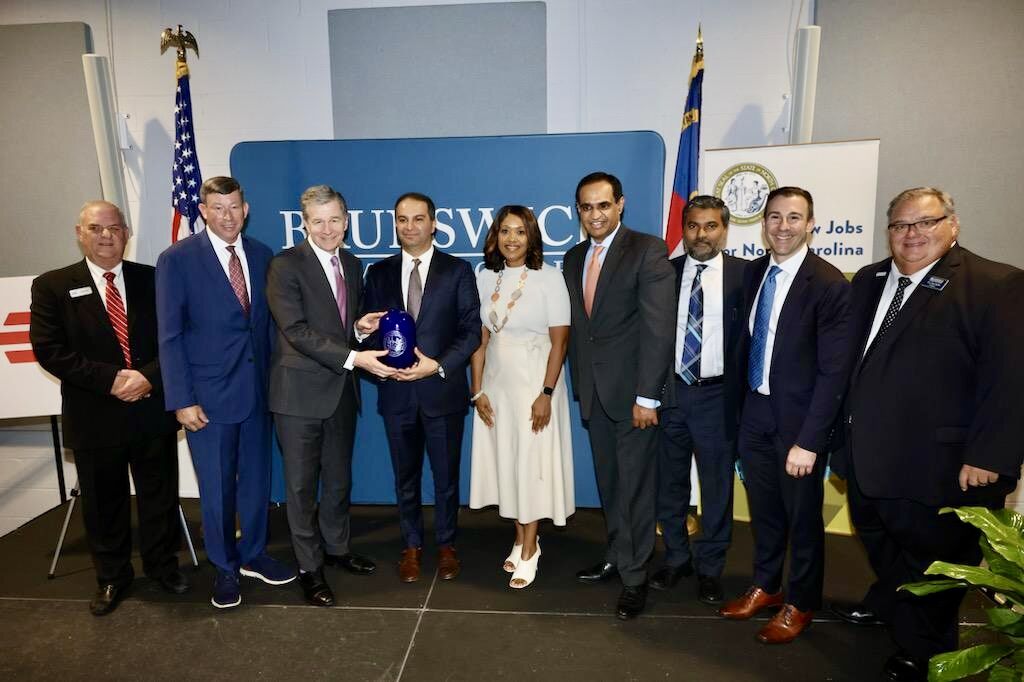
- Epsilon Advanced Materials marks a historic milestone as the largest Indian investor in the U.S. EV market.
- The investment is anticipated to create around 500 job openings in Wilmington.
- EAM's state-of-the-art graphite anode facility, with a capacity of 50,000 tons per year, is on track to begin operations in 2026 after the groundbreaking in 2024.
Brunswick County, USA / Mumbai, India, October 26, 2023 – Epsilon Advanced Materials (EAM), a leading Indian battery materials company, has unveiled plans for a significant investment in the American electric vehicle (EV) battery industry. In partnership with North Carolina Administration, EAM has announced its intention to construct a cutting-edge $650 million graphite anode manufacturing facility in Brunswick County, North Carolina at an event held at Brunswick County Community College.
EAM's substantial investment represents a milestone as it marks the largest financial commitment from an Indian firm in the burgeoning U.S. electric vehicle market, underscoring EAM's commitment to powering an estimated 1.10 million EVs by 2030.
This announcement comes on the heels of EAM's substantial $1.1 billion investment to establish a 100,000 metric ton anode battery materials manufacturing facility in Bellary, Karnataka, India. Furthermore, EAM has recently partnered with the Finnish Minerals Group (FMG) to build a graphite anode plant in Finland, boasting a production capacity of 50,000 tons per annum.
Vikram Handa, the Managing Director of EAM, emphasized the significance of North Carolina in their U.S. manufacturing strategy, stating, "With its favorable geographical location, business-supportive policies, and the availability of a skilled talent pool, we are confident that the investment in the state is a major step towards creating sustainable energy transportation alternatives."
Governor Cooper expressed his warm welcome to this investment, highlighting North Carolina's pivotal role in the transition to a clean energy economy. He said, "North Carolina continues to lead the way in the transition to a clean energy economy by attracting good-paying jobs from great companies like Epsilon that make our state stronger and healthier. This historic investment will bring 500 clean energy jobs to Brunswick County, helping both our economy and our environment."
Sunit Kapur, CEO of EAM, stressed the importance of this investment in addressing supply chain concerns within the automotive industry. Kapur commented, "Having an environmentally friendly world-class facility in North Carolina resolves supply chain concerns that the automotive industry has experienced in recent years. We are proud that with our tech capability to manufacture both natural and synthetic graphite, we will be able to provide graphite anodes to the growing EV battery industry faster, more reliably, and at a competitive cost without import challenges."
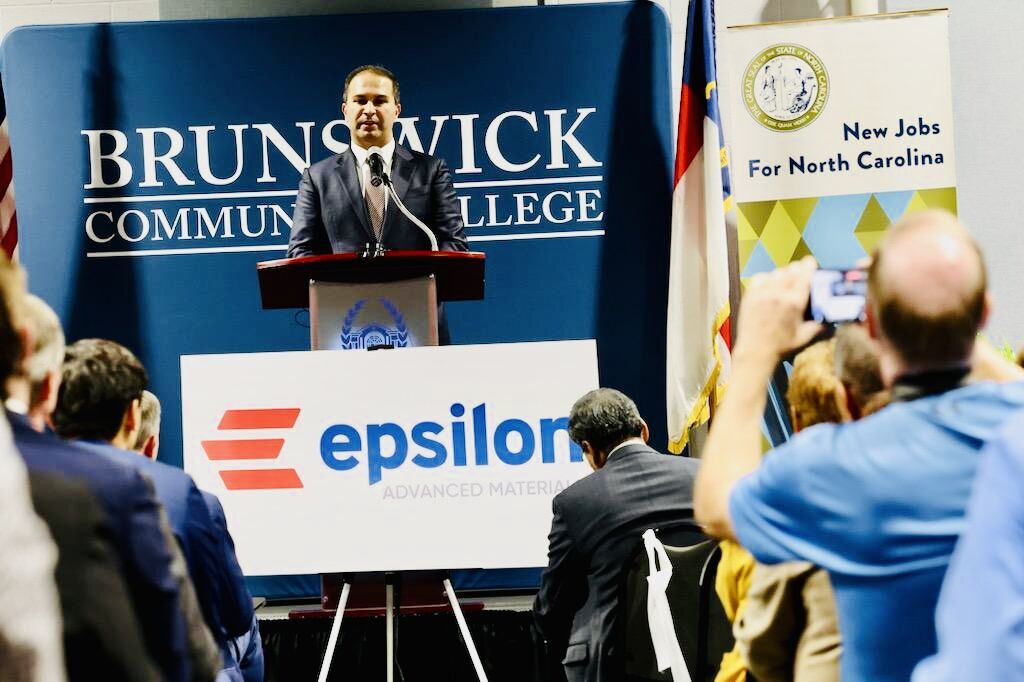
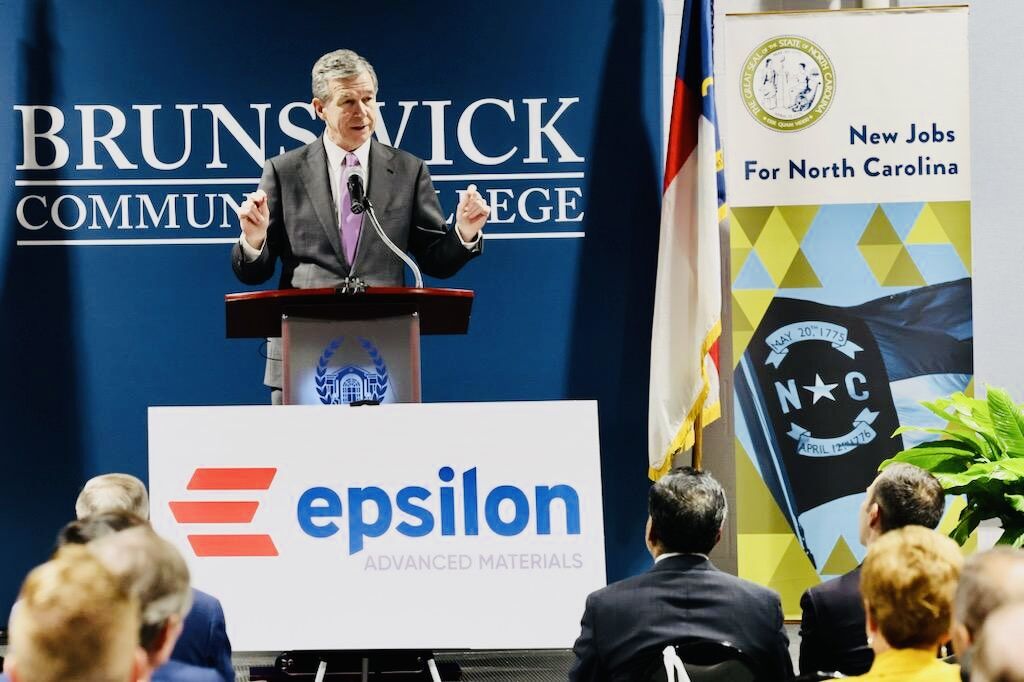
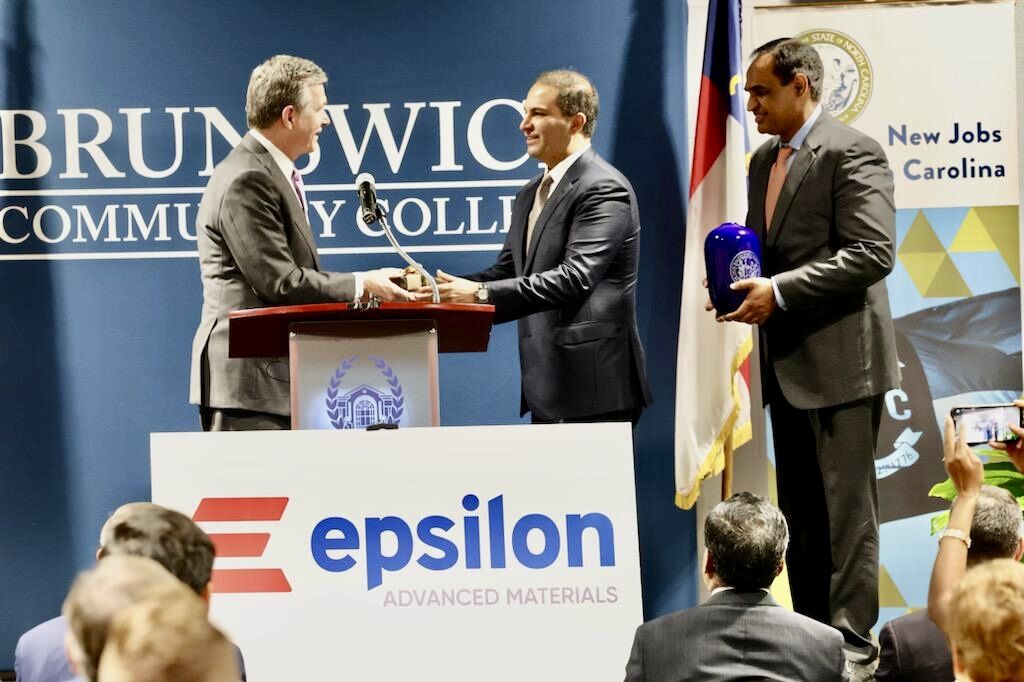
The company has laid out a clear timeline for the project, with groundbreaking scheduled for 2024 and manufacturing operations set to commence in 2026. Full capacity is anticipated by 2031, with a focus on utilizing green technologies for producing high-capacity anode materials for EV batteries.
The chosen location of Brunswick County, North Carolina, presents numerous strategic advantages, including its proximity to the Wilmington port, automotive suppliers, Southeastern vehicle manufacturing facilities, and the local community college. These advantages streamline logistics, reduce costs, and provide access to the rapidly expanding electric vehicle market. Additionally, the skilled local workforce, supported by the community college, and potential economic incentives contribute to a conducive business environment, while geographic features offer resilience and sustainability.
The localization of the battery manufacturing ecosystem aligns with the broader objective of aiding automakers in capitalizing on EV subsidies under the U.S. Inflation Reduction Act (IRA). This move is expected to bolster domestic manufacturing, generate well-paying jobs, and stimulate economic growth within the community, contributing to more robust, secure, and reliable supply chains, which are essential for the sustainability and competitiveness of the U.S. EV industry.
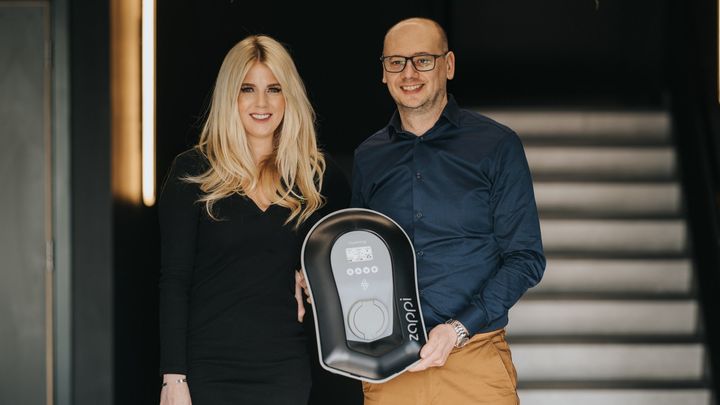
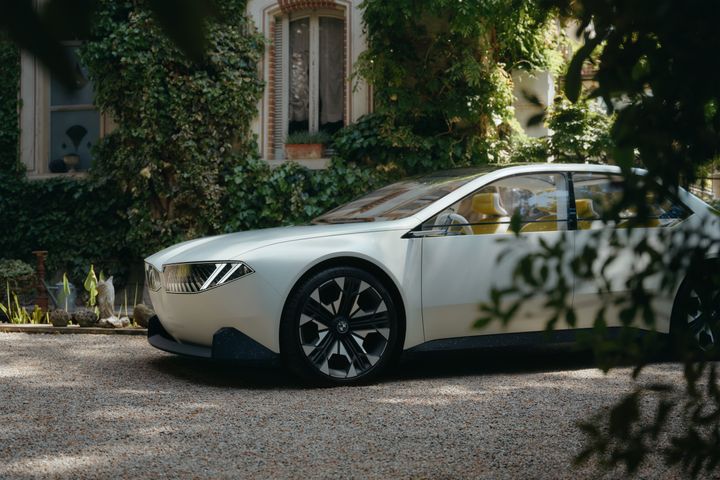
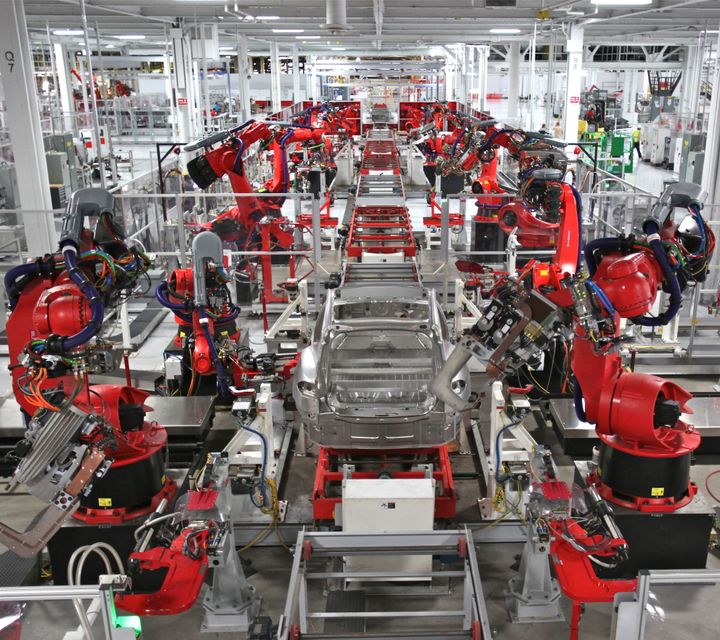

 Industry Inscript is a subsidiary of Valiant and Company Ltd.
Industry Inscript is a subsidiary of Valiant and Company Ltd.
Comments ()